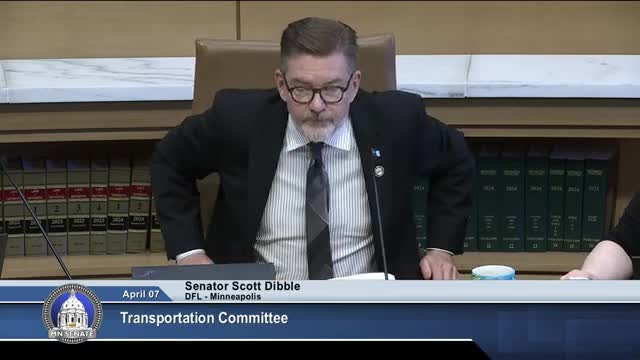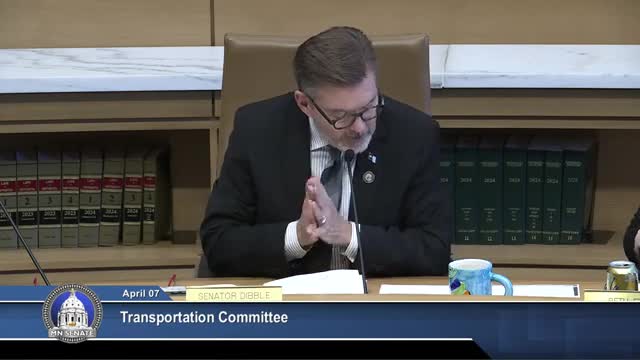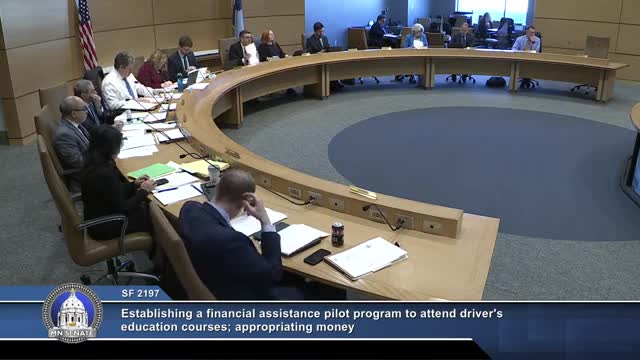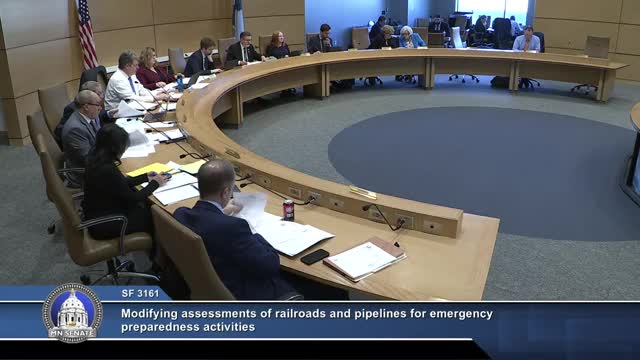Article not found
This article is no longer available. But don't worry—we've gathered other articles that discuss the same topic.

Senate committee hears bill to expand university partnership program for small towns

Senate Transportation Committee rolls out SF 2082 omnibus; staff outline major funding and policy changes

Committee advances pilot to help youth obtain driver’s licenses, debates eligibility and oversight

